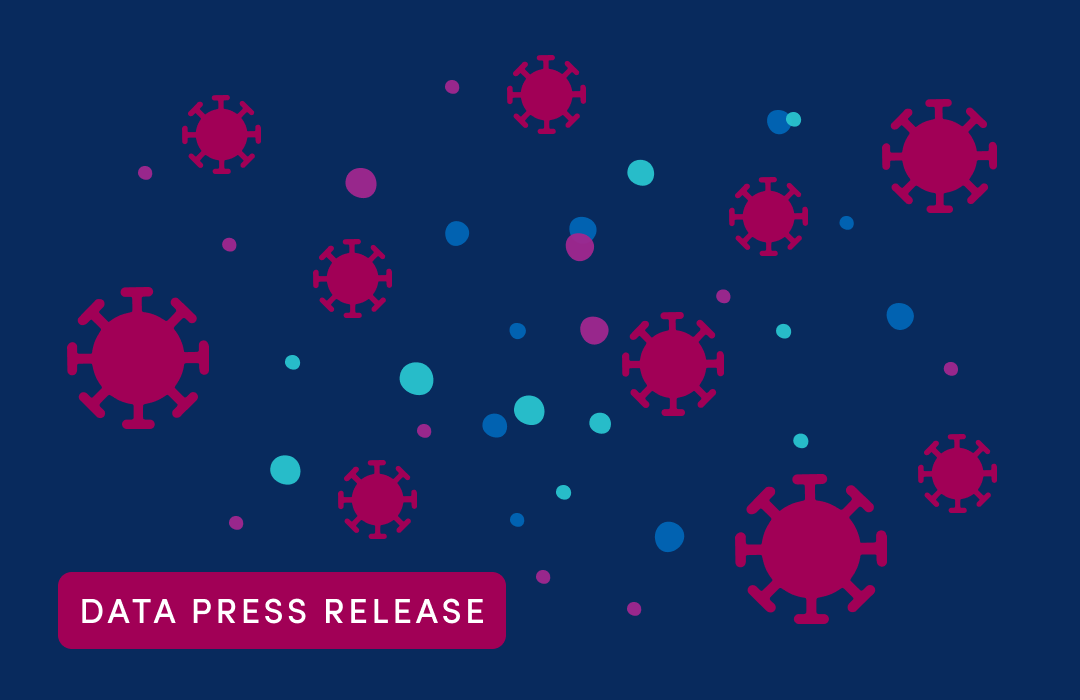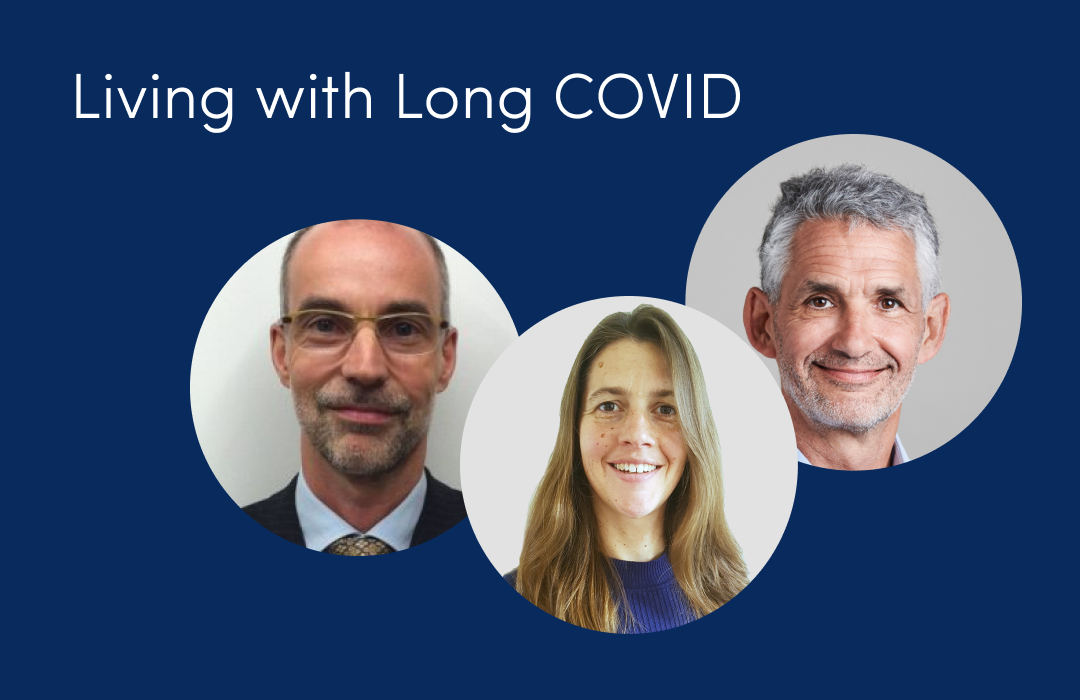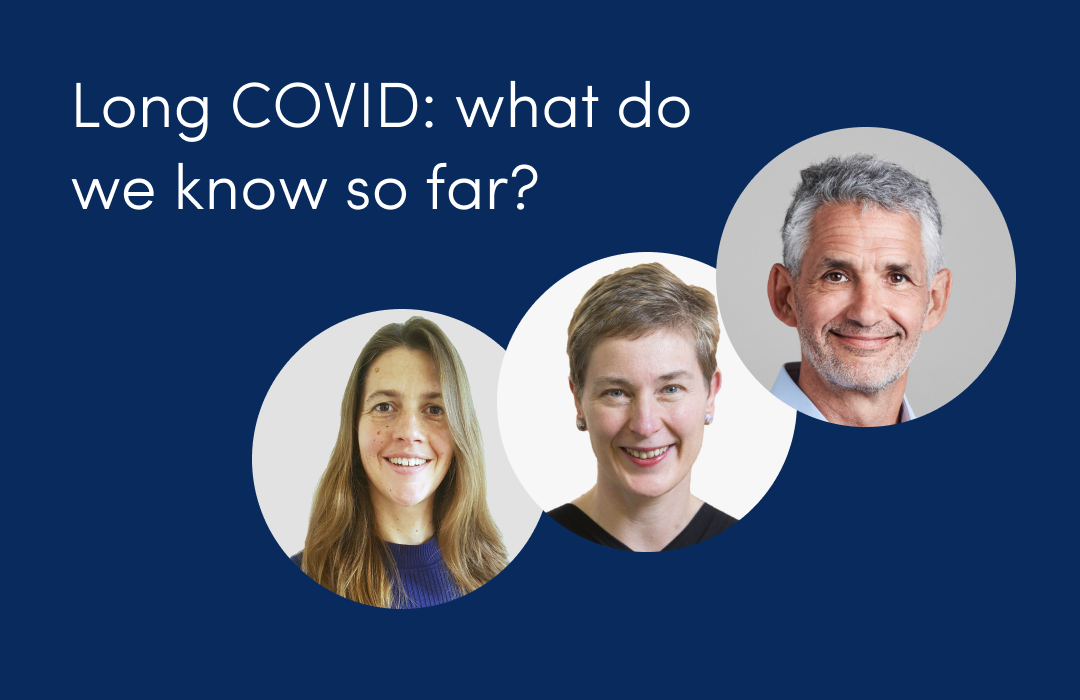
Coming soon: results of our mental health study
May 10, 2021

This article has not been updated recently
- Assessing mental health during the pandemic
- What helped people feel better during lockdown?
- What made people feel worse during lockdown?
- Find out more about mental health during COVID-19
More than a year on from the first UK lockdown, COVID-19 has had an undeniable impact on our daily lives.
Disruption to our routines, uncertainty about work and money, general health issues and dealing with unexpected caring responsibilities continue to affect how we’re feeling and coping.
For Mental Health Awareness Week, we’re bringing you the first insights from our mental health survey, which we ran earlier this year.
We’re still crunching the data and will be sharing the results in the coming weeks.
For now, here’s a sneak peek of our first findings.
Assessing mental health during the pandemic
Back in February, we launched a survey through the ZOE COVID Study app to find out more about how lifestyle changes during the pandemic have affected mental health and how best to support you.
Thank you to everyone who took part - almost 700,000 of you!
As well as asking about how life and habits had changed during COVID-19, we also asked you to self-report how you were feeling. We then used this information to calculate anxiety and depression scores during the pandemic and compared these to before the pandemic.
What helped people feel better during lockdown?
Our study looks at a number of specific activities which have an association with lower anxiety and depression scores. The ‘feel good’ activities tend to have a link to socialising as well as being more active.
Not only did we find that these activities are most strongly associated with having a positive impact on mental health, they were also the most commonly reported in our survey out of all positive activities. So it looks like people were tending to pick the best activities to boost their mental health and lower scores of anxiety and depression.
What made people feel worse during lockdown?
We also found several specific activities associated with higher anxiety and depression scores, meaning they made us feel worse. These included activities such as sleeping worse and smoking.
Other activities that had a negative impact on mental health in terms of increased anxiety and depression scores included more screen time and being less engaged in sport groups or social clubs.
People who did more of the activities from the ‘feel good’ list and fewer from the ‘feel worse’ list were able to better support their mental health during difficult periods.
Find out more about mental health during COVID-19
We’ll share more results as soon as we’ve finished analysing the data, so please keep an eye on your inbox and the app, and follow us on social media for the latest updates.
To find out more about how you can look after your mental health, check out our five tips for better mental health and these useful resources from the Mental Health Foundation.












.png)


.jpg)














.png)







%202.png)
.png)


















.png)





